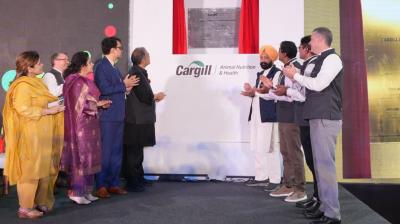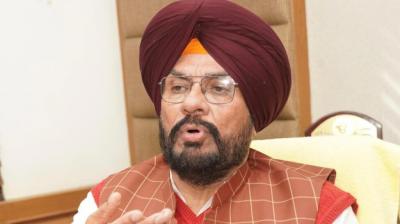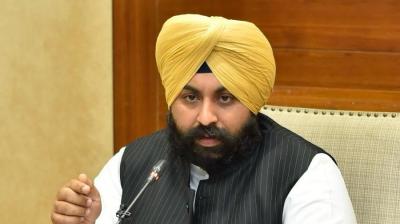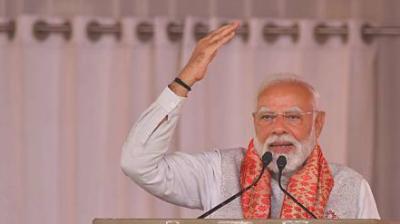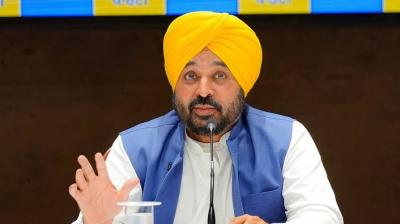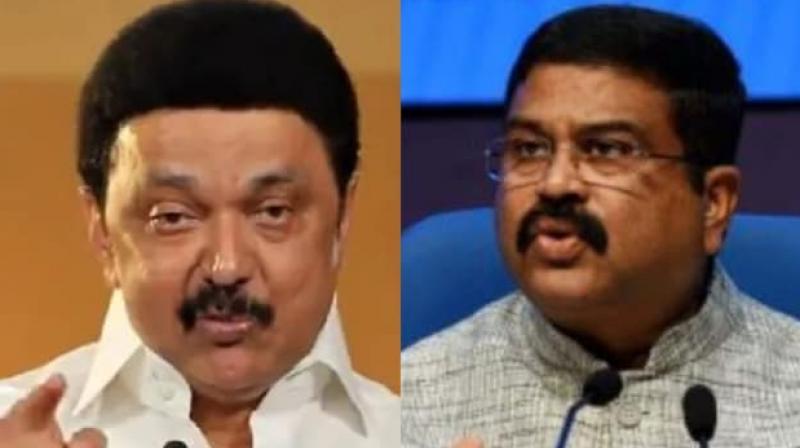
On the other hand, the Tamil Nadu government has been calling this condition a threat to the federal structure of the country.
Editorial: The clause in the new education policy that requires school students to be taught three languages ​​has become a major point of contention between the central government and the Tamil Nadu government. The central government is adamant that the condition of three languages ​​must be accepted to get central funds for school education.
On the other hand, the Tamil Nadu government has been calling this condition a threat to the federal structure of the country. It says that through this condition, the central government wants to force Hindi on Tamil Nadu.
In this regard, the rhetoric between Union Education Minister Dharmendra Pradhan and Tamil Nadu Chief Minister M.K. Stalin had been going on for a month, but on Monday, this dispute took the form of an argument, sloganeering and a ruckus between Mr. Pradhan and DMK members in the Lok Sabha. During the argument, Mr. Pradhan used words like ‘dishonest’, and the DMK The members strongly objected to which Mr. Pradhan withdrew the word and the Speaker also struck it out of the record of the House.
But even after this, there was no calm. DMK member Dayanidhi Maran, who is also a former Union Minister, made a vulgar remark about the BJP which did not become part of the record of the House, but of which Speaker Om Birla took strict notice and issued a warning to Mr. Maran. In the context of this development, the anti-Central and anti-Hindi remarks made by Mr. Stalin on the microblogging site played the role of adding fuel to the fire. He threatened that the entire Tamil Nadu would take to the streets to protest the imposition of Hindi.
Opposition to Hindi by Tamil Nadu is not a new phenomenon. This opposition had started in the 1930s. Its tone began to sharpen in the 1940s when Chakravarti Rajagopalachari, the leader of the Swarajya Party, became the Chief Minister. He was a Brahmin and his advocacy of Hindi was seen as an attempt to ‘Aryanise’ Dravidian civilisation and culture. After Indian independence 1947, the establishment of Hindi Pracharani Sabhas in all the important cities of the then Madras State fuelled fears of a threat to the Tamil language. The popular movement against Brahminical practices and casteist excesses was gaining momentum in those days.
Its leader, E.V. Ramasamy ‘Periyar’, made the supremacy of Tamil language and culture in Tamil land the main issue. C.N. Annadurai and M. Karunanidhi, who were writers and film writers by profession, continued to be Periyar's main disciples, but due to their lack of independence from the Indian nation, they broke away from Periyar's party DK (Dravidian Kadgam) and founded a new party DMK (Dravidian Munnetra Kazhagam). This party became the ruling party of Tamil Nadu state in 1969 within just five years.
Political experts are of the opinion that Stalin was avoiding a clash with Prime Minister Narendra Modi's government, but at the same time was looking for an emotional issue with the intention of winning the assembly elections due next year in 2026. The possibility of re-delimitation of Lok Sabha constituencies and the ‘imposition’ of Hindi through the new education policy have given them two emotional issues. Although the delimitation issue is proving to be quite effective in mobilising public sentiments at present, it is not possible to drag it out for long as no new delimitation commission has been constituted yet.
The Hindi issue has been proving effective in raising the ‘Tamils’ sentiment for 80 years and now, due to the stance of the Union Education Minister, it is sure to be continuously stirred by Stalin till next year. All this is happening at a time when the number of people who read and write Hindi in Tamil Nadu is continuously increasing. Data collected by independent organisations shows that the percentage of schools offering Hindi from class 3 onwards has reached 27 Percentage in 2021, while it was 13 Percentage in 2001.
Another important fact is that while in the southern states, along with the mother tongue and English, there is a direct or indirect emphasis on teaching Hindi as a third language, there is no talk of teaching any southern language in the Hindi-speaking states. Sanskrit is being taught as a third language in these states. It is natural for Tamil leaders to smell discrimination from this. The issue of language is a sensitive matter. The Centre should abandon its rigid attitude towards it and show a sympathetic approach towards the linguistic sensitivities of the southern states.



